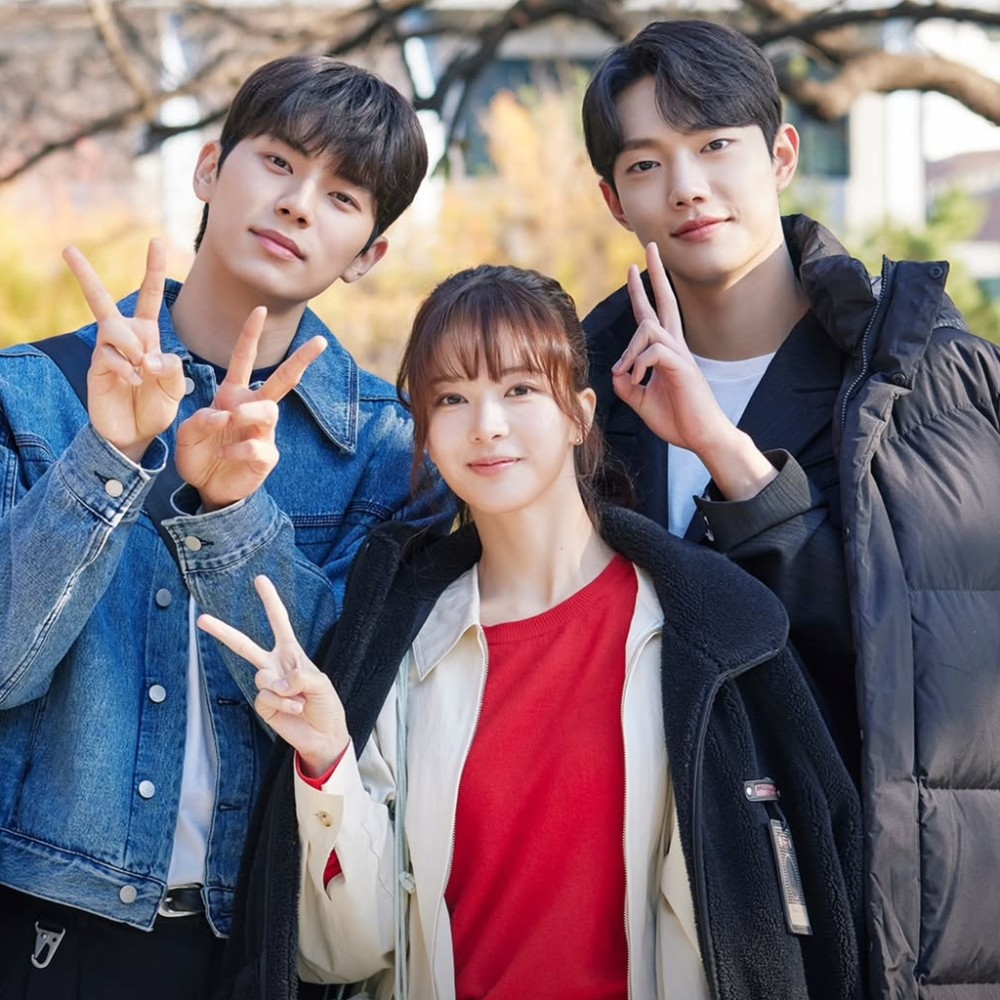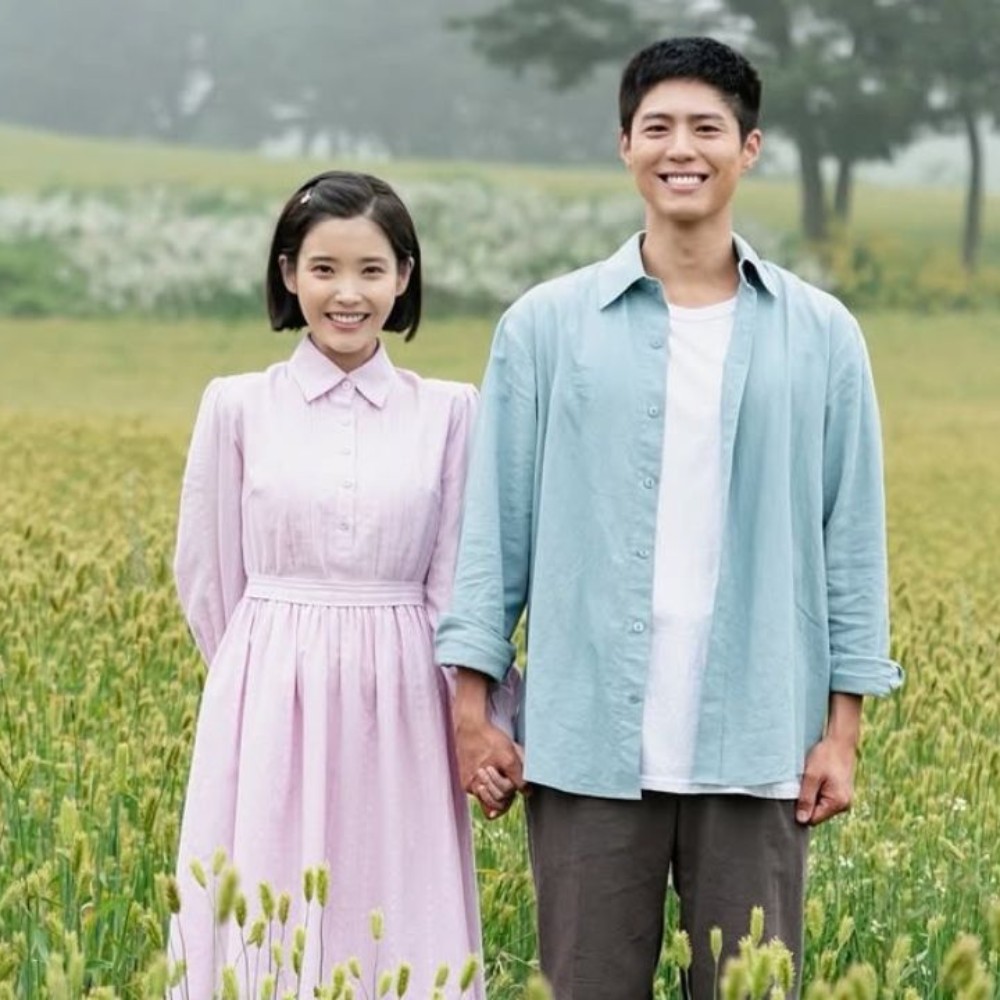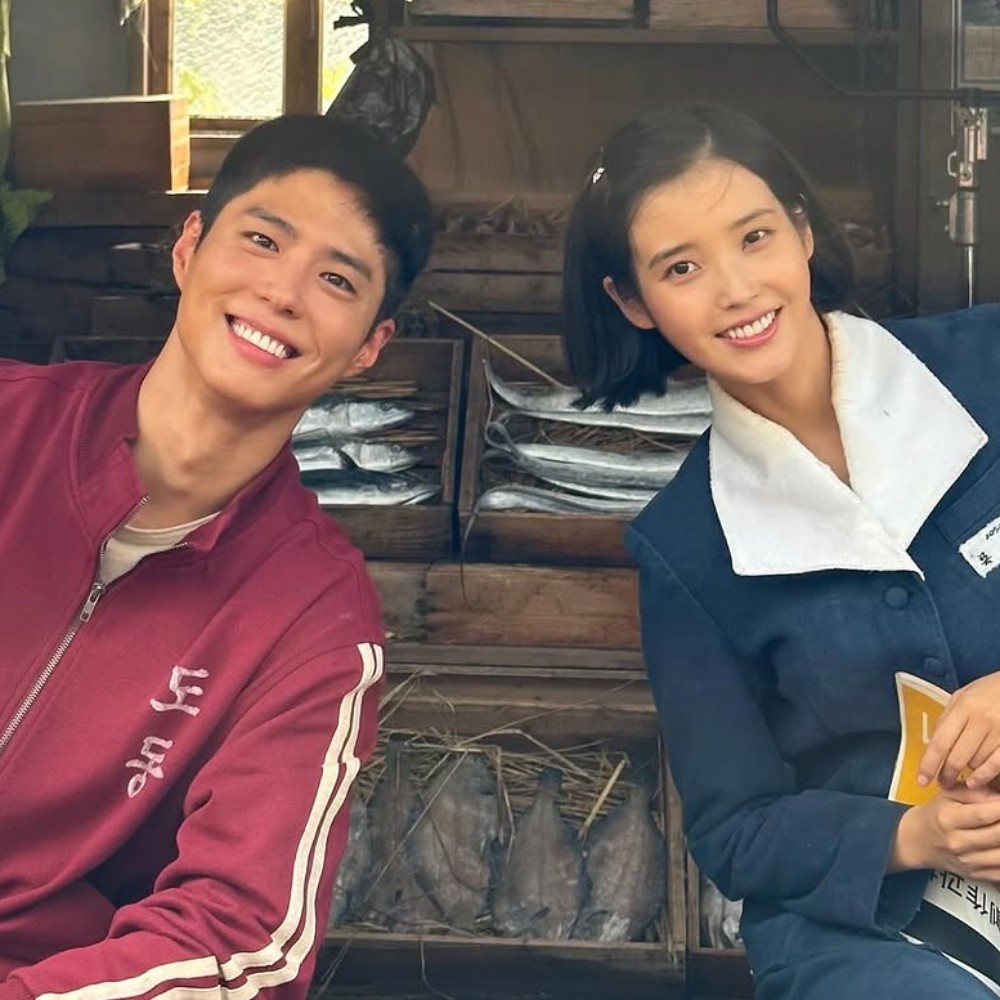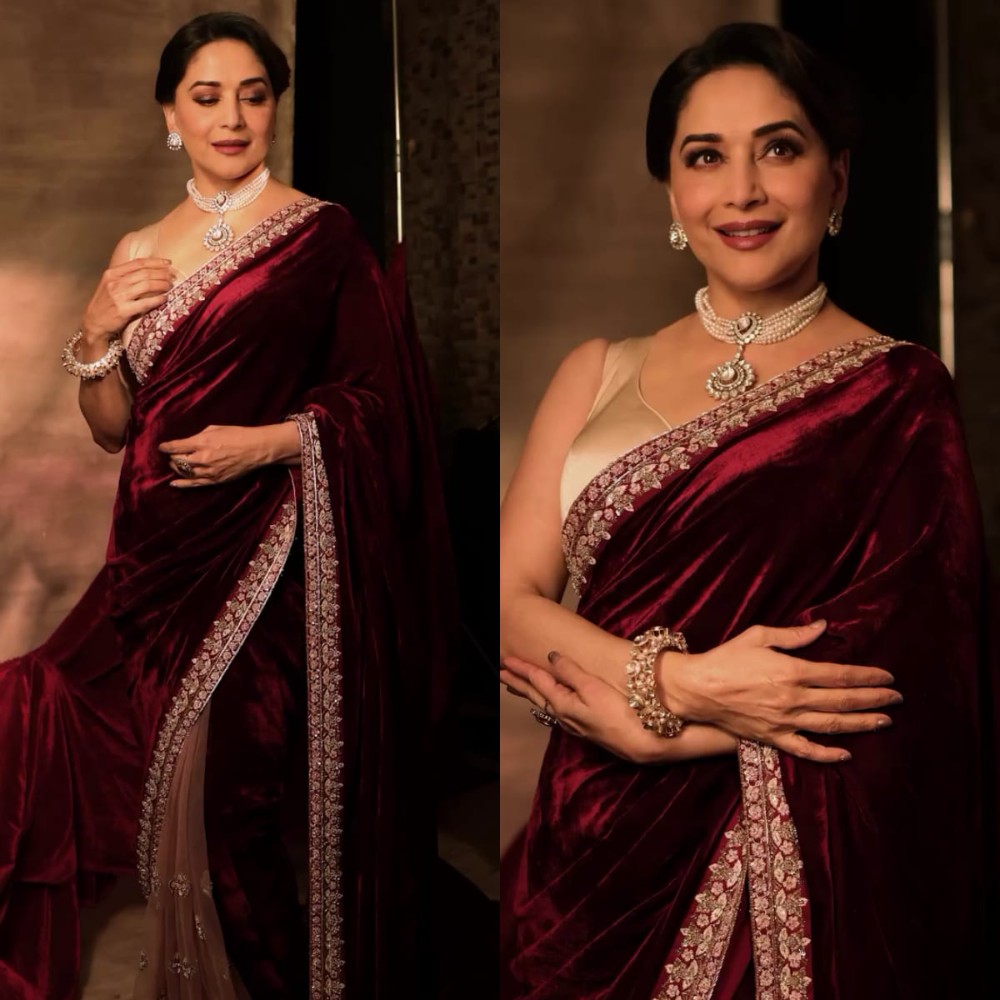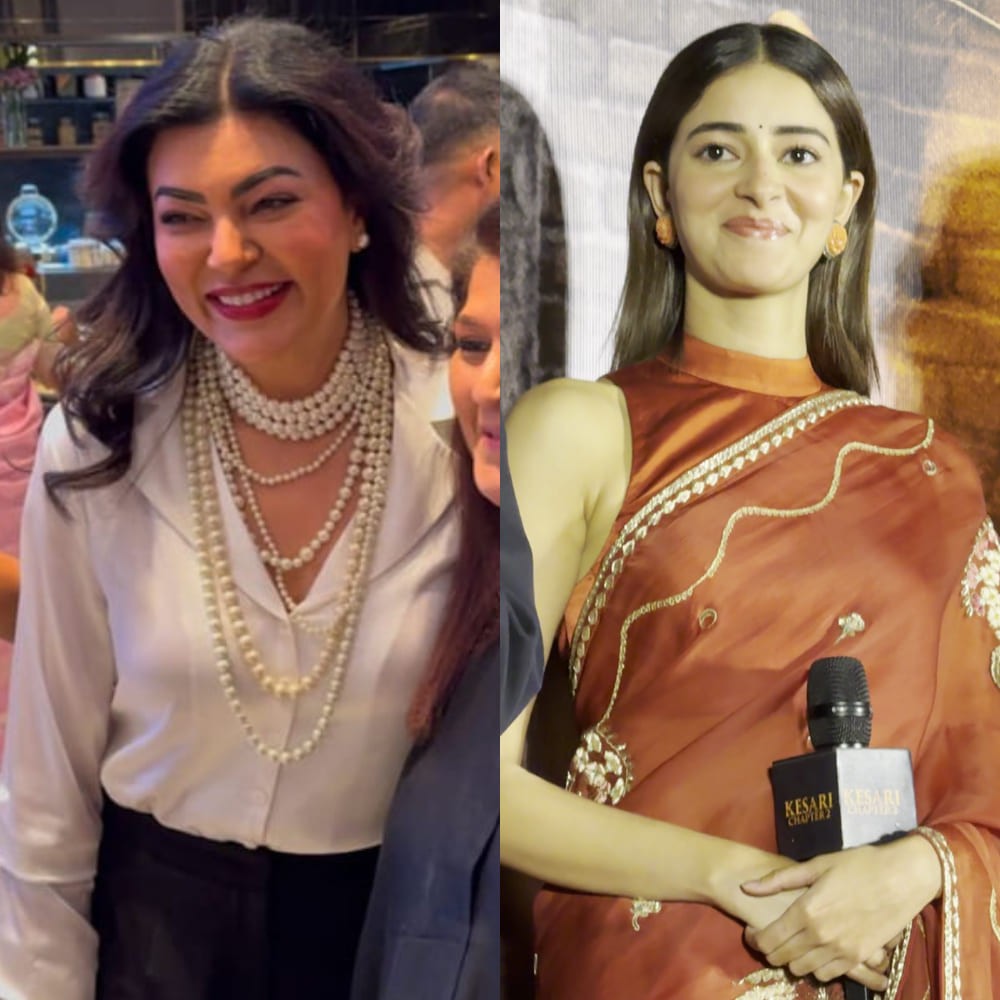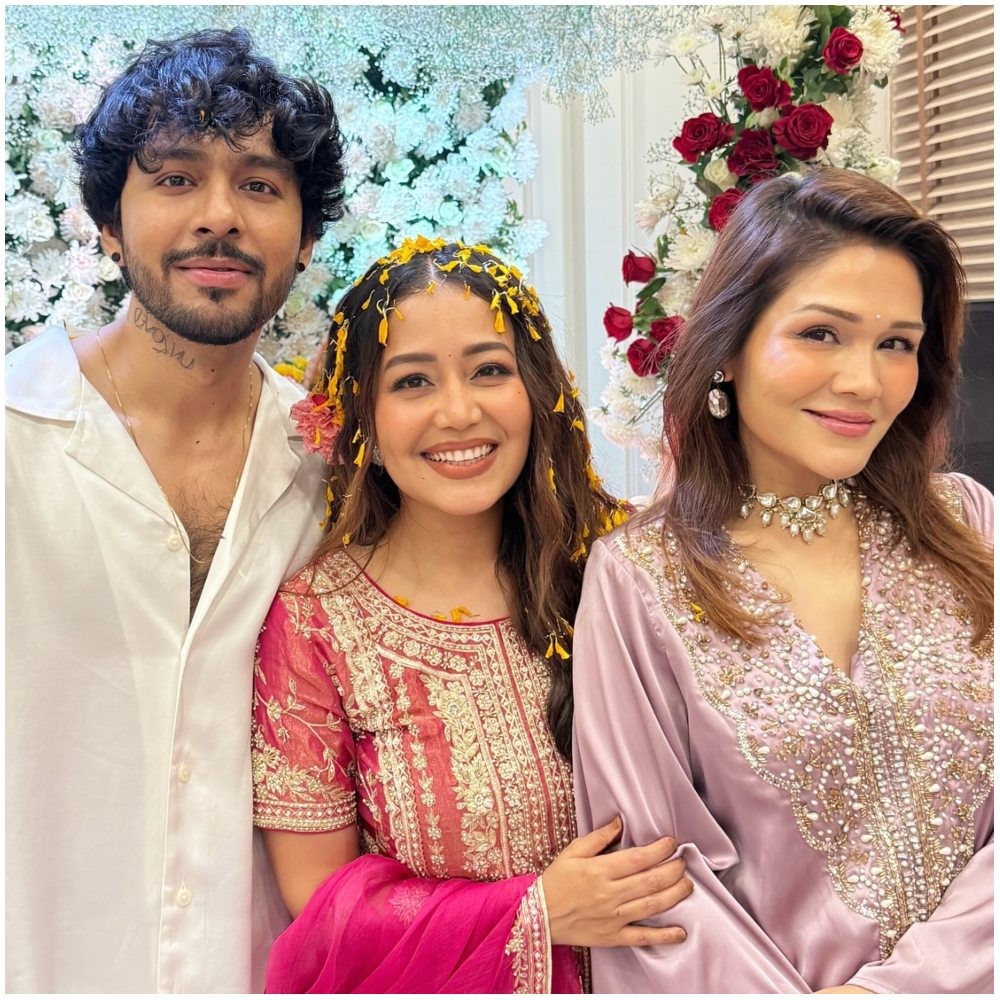When Life Gives You Tangerines: Did you know meaning behind names of Park Bo Gum and IU’s children? HIDDEN message will make you cry
When Life Gives You Tangerines reflects on parenthood, unfulfilled dreams, and the love behind a name, showing how children become life’s greatest medals. Read more here!
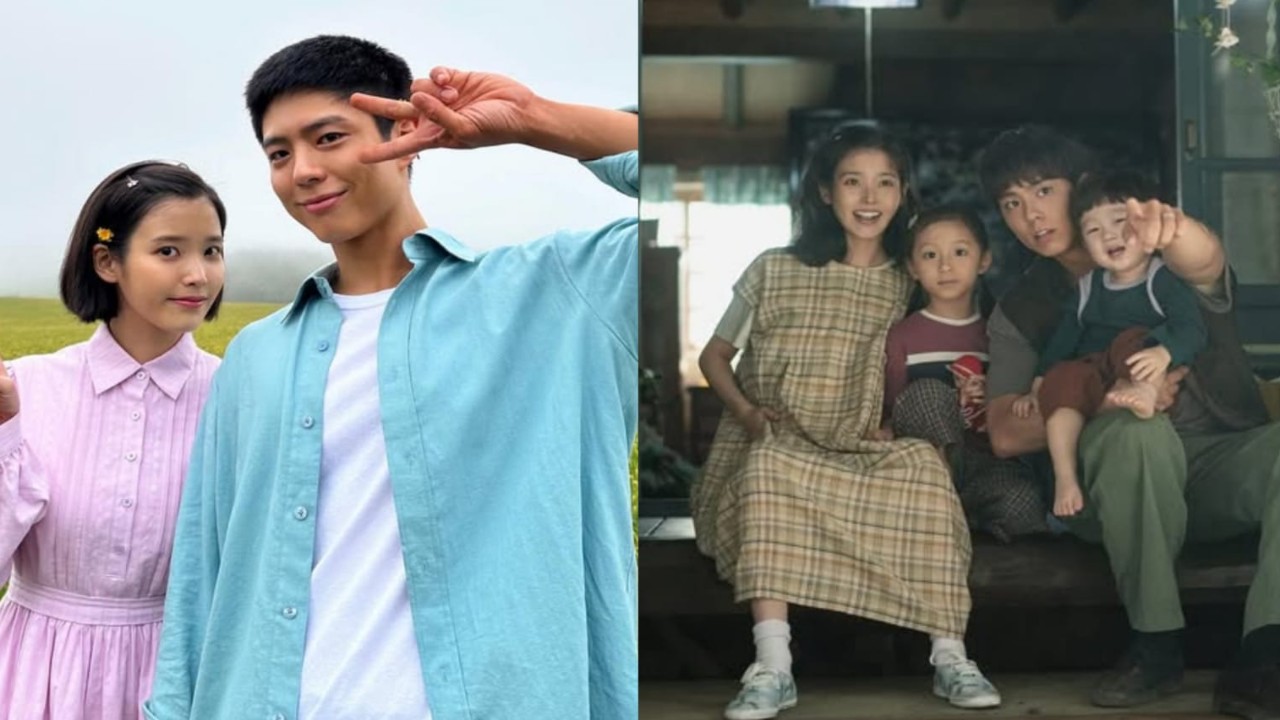
In When Life Gives You Tangerines, the quiet rural landscapes of Korea set the stage for a deeply emotional story; one that delicately explores the complexities of parenthood, the beauty of sacrifice, and the often-overlooked power behind a name. Through the lives of Ae Sun (played by IU) and Gwan Sik (Park Bo Gum), the drama crafts a story that speaks not only to love, but also to the dreams we pass on, and the silent hopes we wrap into the identities of our children.
For many parents, naming a child is more than a ceremonial obligation; it’s a heartfelt promise, a spiritual gift. A name is often chosen with care and imbued with dreams, values, and aspirations. It reflects not just who the parents hope their child will become, but the path they have walked and the lives they envision for their family.
In this story, that tradition is brought to life through three symbolic names: Geum Myeong, Eun Myeong, and Dong Myeong. Respectively, these names translate to Gold, Silver, and Bronze - the three highest medals one can receive in athletic competition.
At first glance, the significance may seem straightforward. Gwan Sik, once a promising young man with aspirations of becoming a track and field athlete, never had the opportunity to chase that dream. Life - real, urgent, and demanding - arrived in the form of marriage and children. Rather than pursuing a fleeting moment of glory, he chose stability. He began working on a fishing boat, devoting his strength not to the track but to the tides, ensuring his family could live with security and dignity.
In choosing to name his children after the medals he never won, Gwan Sik wasn’t clinging to a lost dream, he was reframing it. The medals he couldn’t earn through sport were granted to him in the form of his children. They are his greatest achievements, his most valuable victories, and the rewards of a life lived with quiet dignity.
What makes this story so powerful is its universality. There are millions of parents around the world who have traded ambition for responsibility, and who have quietly shelved their personal goals to nurture and provide. When Life Gives You Tangerines doesn’t paint this choice as a tragedy, it honors it. It presents Gwan Sik not as a man who failed to fulfill his dreams, but as one who discovered something greater. In his children, he found a legacy. In their laughter and love, he found fulfillment that no medal could ever match.
Yet, the drama doesn’t stop at romanticizing sacrifice. It also explores the nuance behind naming: how it can reflect not only love and pride but also a parent’s inner world. Some viewers may interpret Gwan Sik’s choice as an attempt to live vicariously through his children, projecting his unfulfilled dreams onto their futures. But the narrative makes a subtle distinction: the names are not a burden or expectation. They are gifts. They are reminders that, even without a podium, Gwan Sik’s life held meaning. They represent a hope: not that his children will chase the same dreams, but that they will grow strong, proud, and free to forge their own paths.
Ae Sun, his wife, is an equally important part of this story. She represents unwavering support, a woman who walks beside her husband through hardship and joy. Together, their decision to name their children Geum, Eun, and Dong is a proof of their shared belief in honoring life’s small victories. The medals may have been metaphorical, but the love behind them is profoundly real.
When Life Gives You Tangerines is more than just a drama; it’s a quiet meditation on life. It tells us that happiness doesn’t always roar, it often whispers, and it lives in the ordinary. It’s about how love manifests in acts of service, how success takes many forms, and how the true measure of a life well lived isn’t in what we achieve alone, but in what we build together. Through the lens of one humble family, it tells a universal story about the sacrifices we make, the dreams we reshape, and the names that carry our hopes long after we’re gone.





 JOIN OUR WHATSAPP CHANNEL
JOIN OUR WHATSAPP CHANNEL











